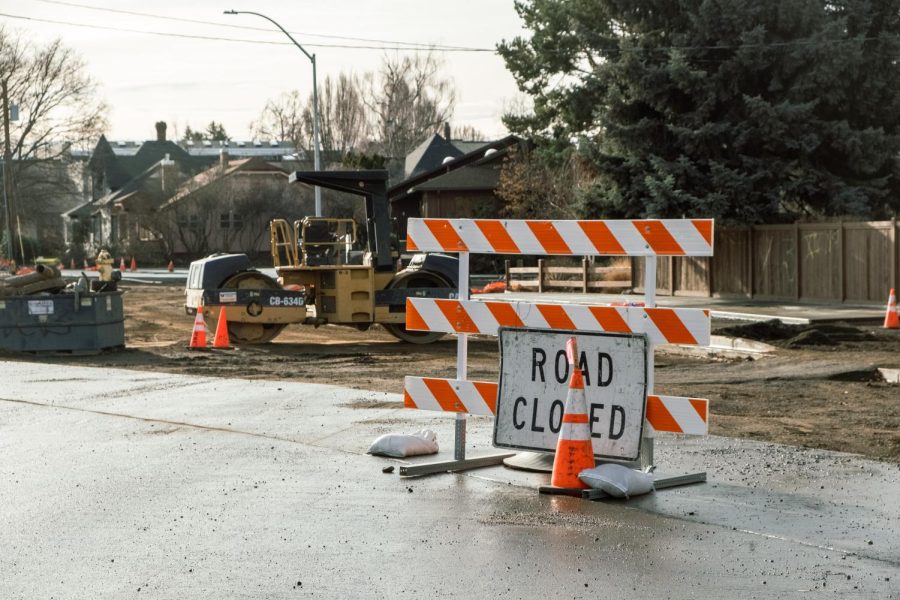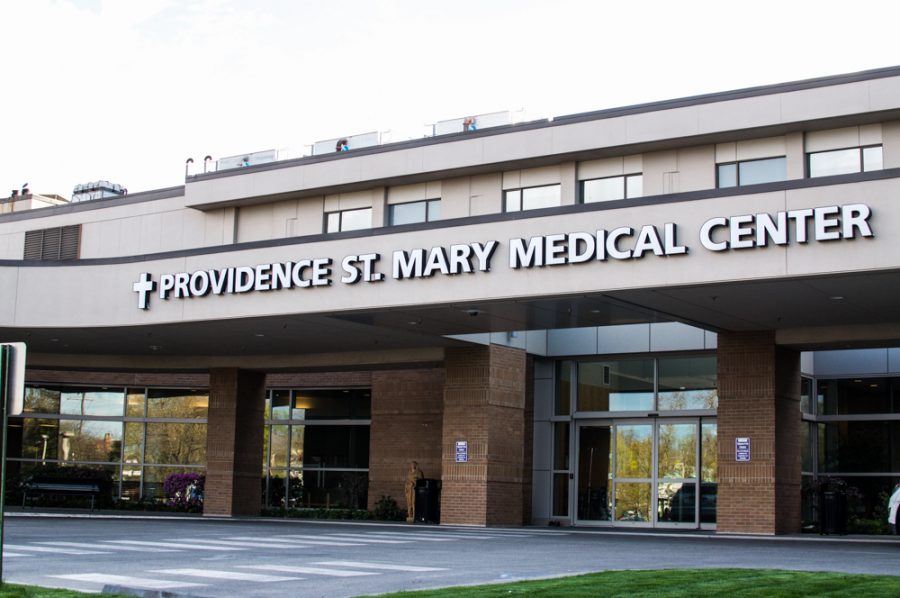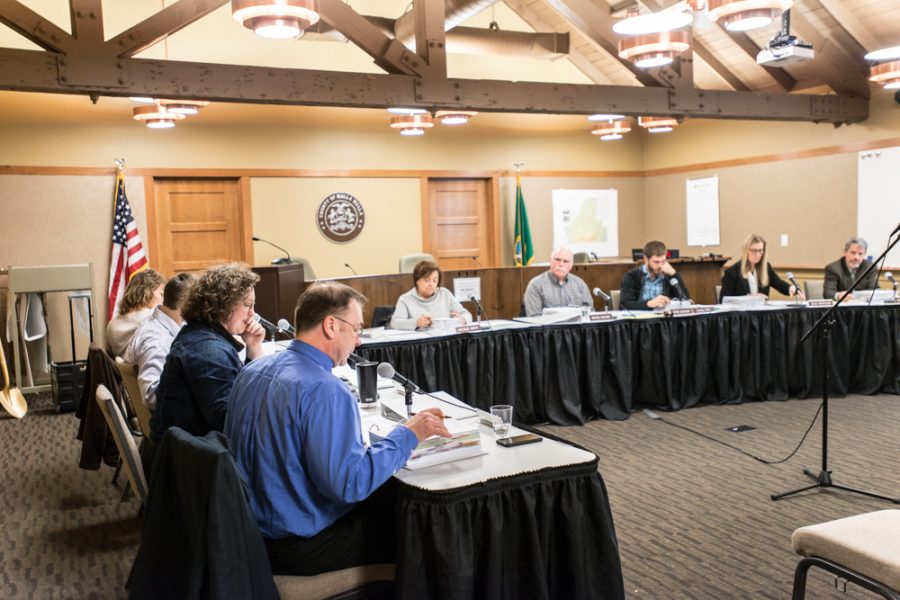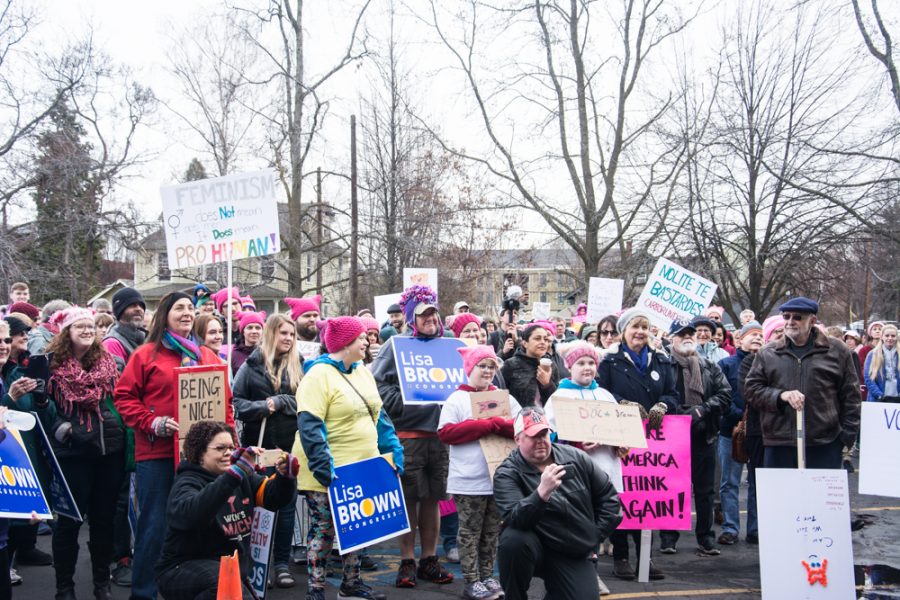How should the Sheriff’s Office interact with the Whitman community?

“We respond and help the police department in the city limits when we’re requested. Our deputies will back up [WWPD] officers in [dangerous situations], because safety of the citizens and safety of the officers is number one, making sure they go home…
“Another thing that’s relevant to the Whitman College community is the biking and the running. A lot of students, staff and faculty members are runners or bicyclers. They’ll take off in certain directions, and pretty soon they’re out of the city and on county roads … and then we are the primary responders [for public safety services].”
How has the legalization of marijuana impacted the Sheriff’s Office?
“We don’t arrest people [carrying a small amount] now because it’s legal, [but] if it’s over an ounce, or they’re under 21 years of age, or they’re selling it illegally, or any of that state statutes apply we still enforce all laws, whether it’s marijuana or any other drug.”
What could the Sheriff’s Office do to better prevent and investigate sexual assault on college campuses?
“We hold conferences here on the Whitman campus. We work well together with the Walla Walla Police Department … which has a violence victims advocate and domestic violence coordinator. She’s heavily involved with this, and we utilize her services. We also have a very good relationship with Whitman College, [which includes] holding Violence Prevention Coalition Conferences, and I wholeheartedly see them continuing…
“It’s important to work proactively for good processes and good teamwork. It’s important for [the Sheriff’s Office] to be a part of [the Violence Prevention Coalition] so that the coalition can be as strong and as effective as it can be. If something were to occur here, under normal processes and procedures the Walla Walla Police Department … would be the primary responder to take the report and their officers would be the ones to follow up, but it is nice for the Whitman College community to know we’re there to back those resources up [if needed].”
Should law enforcement offices such as the Sheriff be an elected position?
“The office of Sheriff is a unique law enforcement office in that it responds, reacts, and is responsible directly to the people who elect it. There’s no bureaucracy, there’s no city council or county manager, there’s no position between me and the people who elected me. That’s the way the Constitution of our state designed it to be, because they wanted a law enforcement official, the chief executive officer of the county, to answer directly to the people, [and] not beholden to a politician or appointed bureaucrat or anyone else.”
How do you feel about campaign donations for law enforcement offices?

“There are [Public Disclosure Commission] rules and there are state rules and regulations regarding campaigns and campaign financing … So there are rules in place to try to make it fair and appropriate. Campaigning costs money. Just the purchasing of yard signs or advertisements in the newspaper costs money. If members of the public want to contribute to a candidate, whether it’s for governor, president, or sheriff, I don’t believe that it’s inappropriate that people be allowed to contribute to that cause if they’d like to see that candidate succeed and get the word out about their background, education and experience.
“At the same time, I know there’s a lot of talk within our country about campaign donation reforms because of the amount of special interest money that’s allowed to be donated. That’s why it’s so important to elect public officials –– the office of sheriff included –– [that are] honorable, trustworthy people.”










